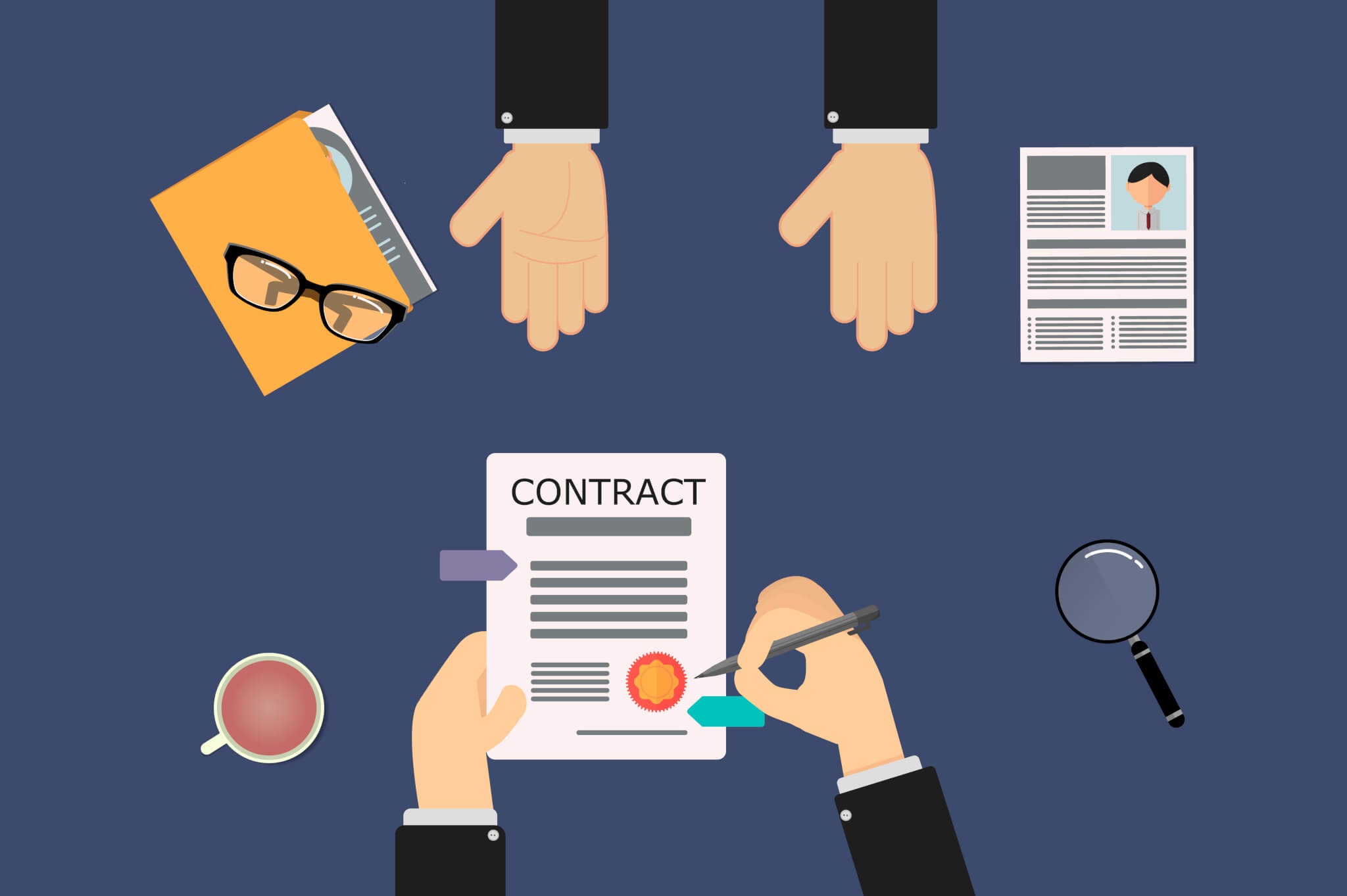By AIA Contract Documents

Access the A201®–2017
To purchase a one-time use license for this document, visit the link below:
A201®–2017, General Conditions of the Contract for Construction
Interested in getting unlimited access to our full 250+ library of agreements and forms?
Visit the link to learn more: https://shop.aiacontracts.com/unlimited-subscription
February 28, 2023
Waiver of consequential damages provisions are extremely common in construction contracts. For example, section 15.1.7 of the A201- 2017 states:
The Contractor and Owner waive Claims against each other for consequential damages arising out of or relating to this Contract. This mutual waiver includes:
.1 damages incurred by the Owner for rental expenses, for losses of use, income, profit, financing, business and reputation, and for loss of management or employee productivity or of the services of such persons; and
.2 damages incurred by the Contractor for principal office expenses including the compensation of personnel stationed there, for losses of financing, business and reputation, and for loss of profit, except anticipated profit arising directly from the Work.
Due to the prevalence of these provisions, it is important to understand both what consequential damages are and how the waiver operates.
Consequential damages, also known as special damages, relate to indirect losses or damages incurred by either party arising from a breach of contract by one of the parties. Some examples of consequential damages include lost profits or income, increased financing costs on the part of the owner, or loss of business opportunities by the contractor. The issue with consequential damages is that it is often difficult to quantify the amount of damages that a party is entitled to and the damages may be excessive compared to the overall value of the contract.
Mutual waivers of consequential damages remove the uncertainty and issues with claims for consequential damages should a claim arise. Essentially, both parties are agreeing that if a claim arises, they will not assert the right to recover consequential damages. The parties are still able to make claims for direct damages, such as the cost of repair or replacement. It is also common for contracts with a waiver provision to include a liquidated damages clause wherein the parties agree to an amount of damages if certain circumstances arise.
As an example, let’s say a project is delayed due to the actions of the contractor and the delay causes the owner to suffer lost income because of the delay. Without a waiver of consequential damages, the owner could sue the contractor for the income that would have been earned if the project was completed on time. However, the amount of income that the owner would have made could be entirely speculative and hard to prove. If the contract did have a waiver provision, the lost income would not be recoverable by the owner. However, if the contract also had a liquidated damages provision, the parties could have set an amount of damages due to the owner for the delay in completing the project.
AIA Contract Documents has provided this article for general informational purposes only. The information provided is not legal opinion or legal advice and does not create an attorney-client relationship of any kind. This article is also not intended to provide guidance as to how project parties should interpret their specific contracts or resolve contract disputes, as those decisions will need to be made in consultation with legal counsel, insurance counsel, and other professionals, and based upon a multitude of factors.